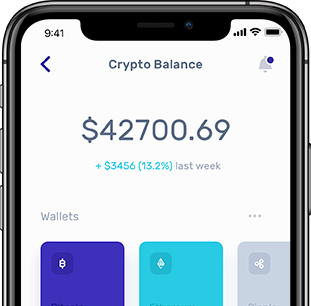Day trading is the buying and selling of a financial instrument over a short period of time—usually within a 24 hour timeframe. The trader aims to take advantage of even the smallest fluctuation in price when their analysis indicates a profitable trade.
Not every trade is expected to be profitable. Maybe even the majority will ultimately lose money, but with a proper trading strategy the trader will win big on their winners and lose the minimum the rest of the time.
What to Trade
There are many different areas to trade in—each with its own unique set of challenges. All markets are potentially profitable, but a beginner trader should focus only on one area to start with. Once a trader is comfortable in one area it will be much easier to branch out into different markets.
- Foreign Exchange - The currency markets are a popular choice for novice traders. Not only is there plenty of high quality information available to improve on trading skills, but the capital required to make a start is minimal.
- Stocks - Trading stocks is labour intensive but a highly interesting market to start with. It is recommended that you have at least a few thousand dollars starting bankroll to day trade these markets.
- Options, futures, derivatives - These markets are more advanced than the FX and stock markets. A cursory look at strategies for these markets shows that traders must be at an advanced level before attempting to profit with these instruments.
What Equipment Do Day Traders Need?
- Day traders don’t need a top-of-the-range computer but enough RAM and a processor fast enough to run the trading software is a must.
- A high quality internet service is a must. Sometimes seconds are enough to change a trade from profitable to one that loses money. A back up broadband connection with a smartphone is always a sensible precaution.
Broker Checks
Day traders should always be on the lookout for the best deal with a broker. Fees, commission rates, and spreads must always be competitive minimising these costs will give a novice trader more room to manoeuvre while they learn the ropes.
Traders must always check to see if their broker is properly regulated. This provides a necessary level of protection for your financial interests.
Strong customer support is a must. Check for fast response times to email enquiries. A 24/7 support phone line is a strong indicator that the broker will take care of their customers.
Practice on Demo Accounts Before Going Live
Learning how to day trade takes time. New traders will make many mistakes along the way but this is how lessons are learned. For this reason it is recommended that all new traders start their journey with a demo account. This will allow them to practice the craft without fear of losing their capital before they are properly up and running.
Only when a trader is proven to be profitable on a demo account for at least three months should they consider risking their funds.
When moving from a demo account to a live account traders often find their performance deteriorates. This is due to a combination of psychological pressure and the inability of the demo account to accurately mimic the real-life market price movements. Traders should take time to adapt to this new trading environment.
Summary
Day trading is interesting and exciting. It is, however, not something that can be mastered overnight. Potential traders must be prepared to invest plenty of time, as well as money if they truly wish to become a successful day trader. With hard work and dedication the rewards can be substantial, both financial and otherwise.













